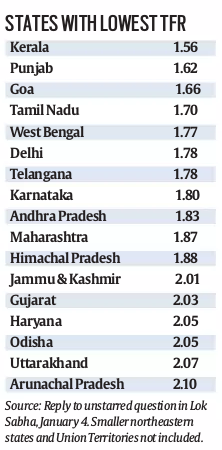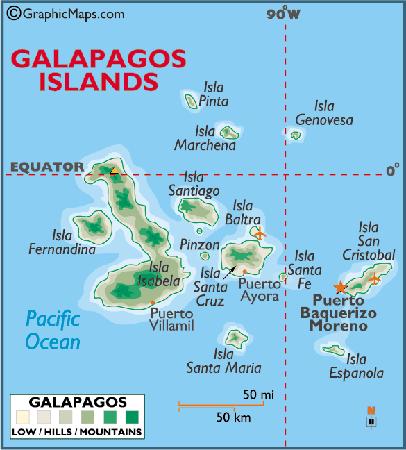Sub-glacial Antarctic Lakes Scientific Access (SALSA)
- An international team of scientists will begin hunting for microbes and other living specimens in an unexplored lake far beneath the surface of the Antarctic ice sheet.
- The place of exploration is bottom of the ice sheet that covers Mercer Sub-glacial Lake about 370 miles from the South Pole.
- SALSA is an expedition that will shed light on what kind of life can survive in such remote regions.
- Mercer will be the second sub-glacial lake that humans have sampled directly.
Juno and Jupiter Volcanic Plumes
- NASA’s solar-powered Juno spacecraft has sent new images of volcanic plume on Jupiter’s moon Io.
- Jovian moon Io is the most volcanic body in our solar system.
- The images can lead to new insights into the gas giant’s interactions with its five moons.
- Juno will improve our understanding of the solar system's beginnings by revealing the origin and evolution of Jupiter.
- Juno will determine how much water is in Jupiter's atmosphere Look deep into Jupiter's atmosphere to measure composition, temperature, cloud motions and other properties Map Jupiter's magnetic and gravity fields, revealing the planet's deep structure Explore and study Jupiter's magnetosphere near the planet's poles, especially the auroras – Jupiter's northern and southern lights.
Total Fertility Rate
- It is the number of children born or likely to be born to a woman in her lifetime.
- A TFR of 2.1 is seen as replacement level fertility.
- According to National Family Health Survey, India’s current overall total fertility rate is 2.18.
- Bihar and UP have the highest TFR among the major states.
- Population is falling in many states including Andhra Pradesh.
- AP is one of the several Indian states where the TFR has fallen below replacement rate 2.1.

Firecracker ban on Galapagos Islands
- Galapagos Islands are an archipelago of volcanic islands distributed on either side of the equator in the Pacific Ocean.
- It is a World Heritage Site that comes under the jurisdiction of Ecuador.
- The islands are known for their large number of endemic species and were studied by Charles Darwin
- Ecosystems are very sensitive in the islands and its fauna that is so unique that they are easily affected by even fireworks.
- Animals have suffered from elevated heart rates, nervous stress and anxiety, which have “notably” changed their behaviour and affected the survival of species
- So the local government has recently banned fireworks on the Islands to protect the its unique fauna
- Those fireworks that produce light but no noise have been excluded from the ban.
- It is also to avoid any potential deterioration in air quality or pollution of water sources.


Thawing of Permafrost
- Permafrost is any type of ground—from soil to sediment to rock—that has been frozen continuously for a minimum of 2 years and as many as hundreds of thousands of years.
- It can extend down beneath the earth’s surface from a few feet to more than a mile.
- Across the Arctic, communities and infrastructure are built on top of a thick layer of permafrost.
- But as global temperatures rise, this frozen soil is melting, causing homes and businesses to collapse and roadways to crumble.
- Now, a new .study has found that most of the Arctic’s built environment will be damaged by the thaw, even if nations meet their Paris Agreement climate targets.
- It has found that nearly 70 of infrastructure in the Arctic is built on permafrost that is at risk of thawing by mid-century.
- In addition, nearly half of the oil and gas drilling sites in the Russian Arctic are in regions where thaw-related ground instability can cause severe damage to the built environment.
Source: The Hindu

